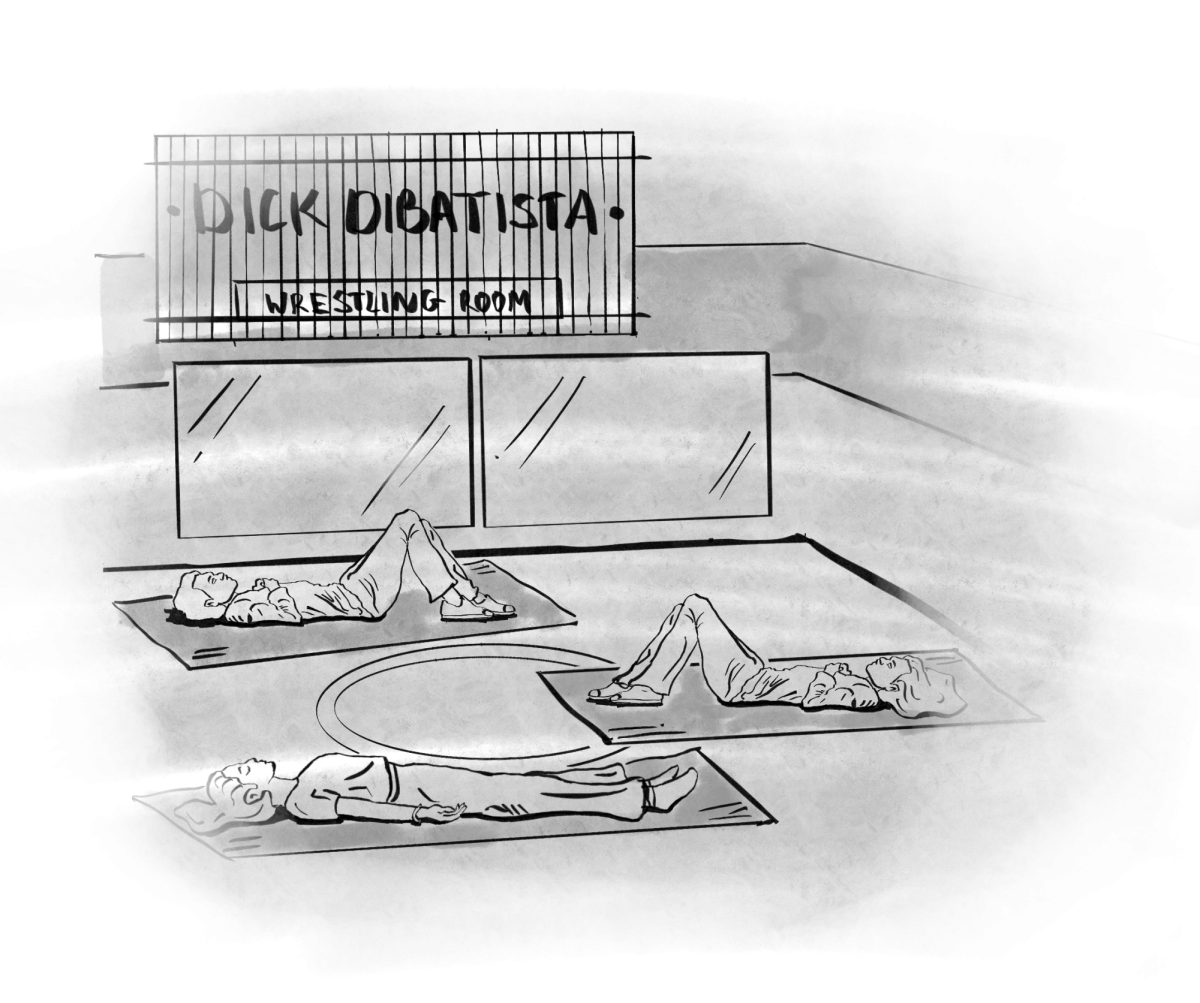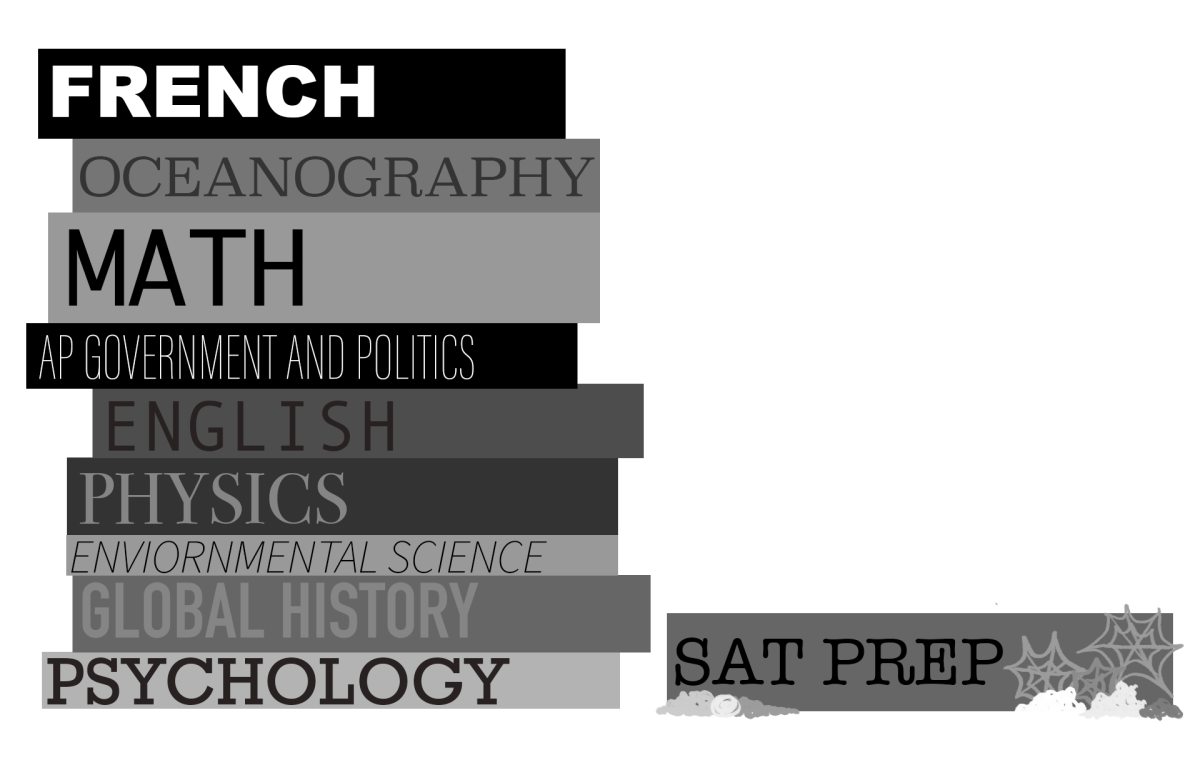
The McMinn County School Board in Tennessee recently made national headlines when it decided to ban the Pulitzer-Prize winning book Maus. The book follows the author, Art Spiegelman, as he illustrates his father’s experience in Nazi Germany. This graphic novel depicts Jews as mice and Nazis as cats. Despite the fact that the book has won multiple awards and received a great amount of recognition, the school board objected to eight curse words and nude imagery of a woman, used in the depiction of the author’s mother’s suicide. Unfortunately, this isn’t the only case when a school has banned a book about a sensitive topic. Harper Lee’s To Kill a Mockingbird has been banned from many schools because of its use of racial slurs and adult themes. There are several other books in the same boat. The issue at heart is whether or not books should be censored in the classroom. The answer is clear: books consisting of sensitive topics should not be banned from schools such as LM because they expose students to the reality of the world’s history, and without them, navigating the real, cruel world after high school would be puzzling and difficult.
Sensitive books should not be banned in high schools across the country and at LM because they give students an accurate look into our world’s challenging history. Elements of our past as both a country and a planet are nothing to be proud of. Discrimination, torture, and mass murder are themes that have, unfortunately, made an appearence on many different occasions. So how do we cope with this difficult knowledge? Historical writers do this through literature—they use it as a means to display the past in a safe way. However, banning the books that they wrote puts a blockade on the flow of knowledge to high school students. It is crucial that this does not occur, because high school students must understand the horrors of our past to ensure they do not occur again. The Holocaust, one of the greatest tragedies of mankind, began with a leader taking advantage of his citizens who were minorities. Nobody knew that it would lead to the murder of six million jews, but the clues were there. By implementing this knowledge into the minds of high schoolers, we can ensure that the clues are never misunderstood again.
Another reason why sensitive books should not be banned in high schools is that exposure to difficult subjects is crucial for students and their ability to find their way after they graduate. The reality is that the challenging topics that are in banned books, such as racism and antisemitism, are part of our current world. Mr. Mays, the chair of the English department at LM, said that “limiting exposure is not preparing students for the real world. These things are unfortunately part of society.” If the message we send to students is that we live in a perfect world and that there are no evils that we face as a society, we are setting them up for failure. Students could and will be faced with situations in the workplace involving hatred towards a specific ethnicity, gender, sexuality, religion, etc. Mays went on to explain that “high school is meant to be an opportunity to learn about these things in a safe and supportive environment.” Mays couldn’t be more right—exposure to difficult subjects before having to deal with them in adulthood is helpful and necessary.
It is crucial that books are not banned at LM or any high school in the country. Books are important for students to obtain a wide understanding of our history of wrongdoings, and they are crucial to navigate our future. At the end of the day, it is our responsibility as people to educate each other on the evils of the past and do everything in our power to not allow those atrocities to happen again in the future. There is so much that goes into doing this, and keeping knowledge flowing and available is definitely an important start.




